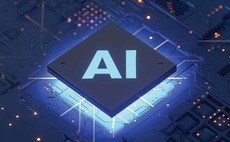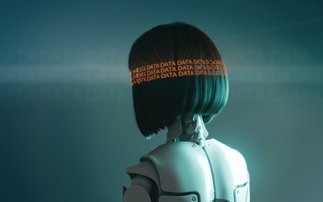Dr Demis Hassabis tells The Royal Society how AI could take over when leading scientists can't finish research in their lifetimes
Artificial intelligence could help humanity in discovering advancements and benefits that may not otherwise be possible, by assisting with the conversion of unstructured data into meaningful insigh...
To continue reading this article...
Join Computing
- Unlimited access to real-time news, analysis and opinion from the technology industry
- Receive important and breaking news in our daily newsletter
- Be the first to hear about our events and awards programmes
- Join live member only interviews with IT leaders at the ‘IT Lounge’; your chance to ask your burning tech questions and have them answered
- Access to the Computing Delta hub providing market intelligence and research
- Receive our members-only newsletter with exclusive opinion pieces from senior IT Leaders























